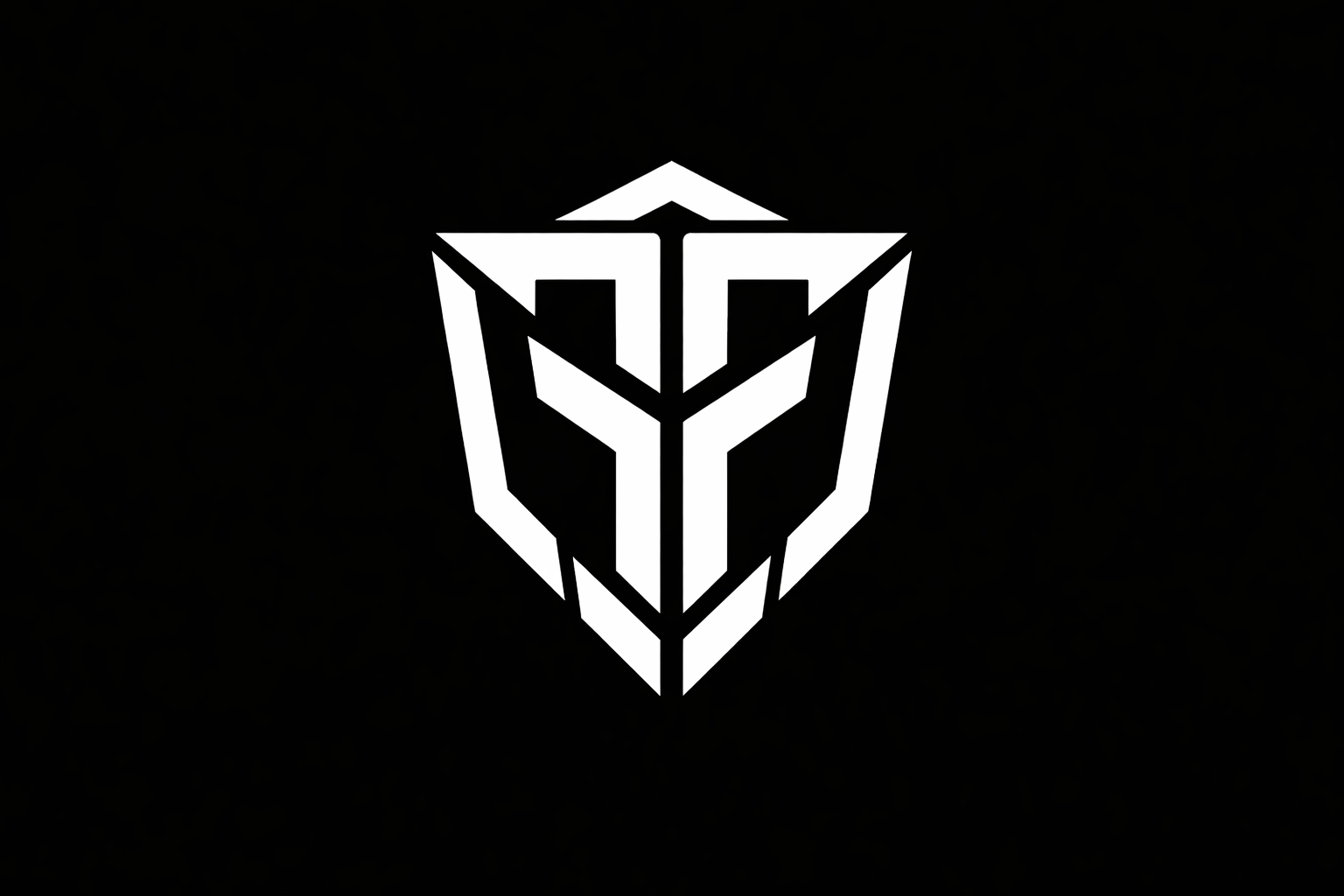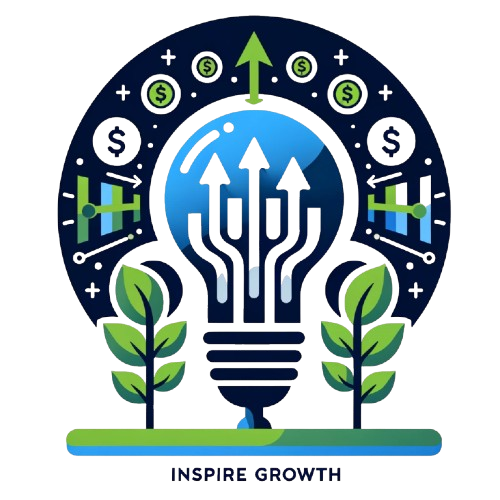Beyond the Viral Hit: Why Resilience is the Most Critical Skill for Creator Economy Success
In the hyper-saturated landscape of the digital age, aspiring content creators often focus on the wrong metrics. They study hashtags, invest in high-end camera gear, and track viral audio, believing these are the keys to success. But after more than six years of analyzing this industry, one fact has become
 Daniel Charles Mwangila
Daniel Charles Mwangila

In the hyper-saturated landscape of the digital age, aspiring content creators often focus on the wrong metrics. They study hashtags, invest in high-end camera gear, and track viral audio, believing these are the keys to success. But after more than six years of analyzing this industry, one fact has become clear: the tools do not make the creator.

Success is not dictated by equipment or a lucky algorithm boost. Long-term survival in the content creation space is almost entirely dependent on a single, non-negotiable trait: resilience.
This is not the "hustle culture" fantasy of 20-hour workdays. It is true, gritty, emotional resilience—the ability to withstand the shocks of a bad algorithm change, a wave of public criticism, or a passion project that flops, and still show up the next day. The polished vlogs of successful influencers often obscure the reality that a creator's career is 10% creation and 90% weathering the storm.
The Myth of "Overnight" Success
Every top-tier creator has a "dark period" of failure that is often erased by the narrative of their success.
- MrBeast (Jimmy Donaldson), now a titan of the industry, spent years making videos that virtually no one watched. He has been open about his early struggles, which included living on instant ramen, selling his furniture, and battling depression as he failed, over and over, to understand the platform. He faced algorithm shifts that decimated his early channels and betrayals from early collaborators. His success is not a story of luck, but of relentless adaptation and a resilience that outlasted failure.
- Casey Neistat, who revolutionized vlogging, did not emerge from a vacuum. He often recounts the "eight years... failing year in and year out" it took to gain a foothold, all while accumulating significant debt. His eventual stardom was not an accident but the result of nearly a decade of patience and consistent work colliding with an opportunity.
Resilience is the capacity to endure the long, often unrewarding, middle period when public validation is non-existent.

The Twin Hurdles: Algorithms and Criticism
Two primary forces will test every creator's resolve: the indifferent algorithm and the all-too-human comments section.
1. The Algorithmic Wall A creator can dedicate 40 hours to a meticulously crafted video, only to see it gain 1,000 views. Conversely, a low-effort, 15-second clip may unexpectedly attract millions. This disconnect is where most new creators break. They personalize the platform's indifference, feeling betrayed.
Resilient creators, however, understand that an algorithm is a river, not a partner. It does not reward effort; it follows data. The professional's job is not to beat the algorithm but to build a brand and community so strong that the audience will seek them out, even when the platform's code tries to hide them.
2. The Criticism Filter The first 1,000 negative comments can be a career-ending event for a fragile creator. This is where resilience evolves into professionalism.
Look no further than Marques Brownlee (MKBHD), one of the most respected tech reviewers in the world. When he recently launched a wallpaper app, "Panels," the initial feedback was harsh, with many users calling it a "cash grab." A fragile creator might have lashed out at the "haters." Brownlee, instead, posted a public response, calmly acknowledged the valid points, and outlined the immediate changes his team was making. He demonstrated true resilience by treating criticism as valuable data, not a personal attack.

Strategies for Building Career Longevity
Resilience is not an innate trait; it is a skill that is built and reinforced. First, a creator must define their "why." This "why" functions as armor against burnout. MKBHD is resilient because his core motivation is a genuine passion for technology, not just the metrics that passion produces. When a career is built on the shallow foundation of fame or money, it will collapse. When it is built on a deep interest in the process, it can endure.
Second, professionals decouple their self-worth from their metrics. A video that fails is not a person who has failed. It is a product that did not find its market or connect with the platform's audience at that specific time.
Finally, resilient creators build support systems. They cultivate private groups of peers, not for "collabs," but for candid conversations about the struggles of the job. As Emma Chamberlain, who has navigated the pressures of fame since her teens, aptly put it, "Ask yourself, is this pressure turning me into a diamond, or is this pressure just causing me to crumble into dust?"

This industry is no longer just a hobby; it is a demanding profession. Like any other, it requires more than just talent. It requires profound emotional strength, strategic patience, and the durable resilience to see it through.




